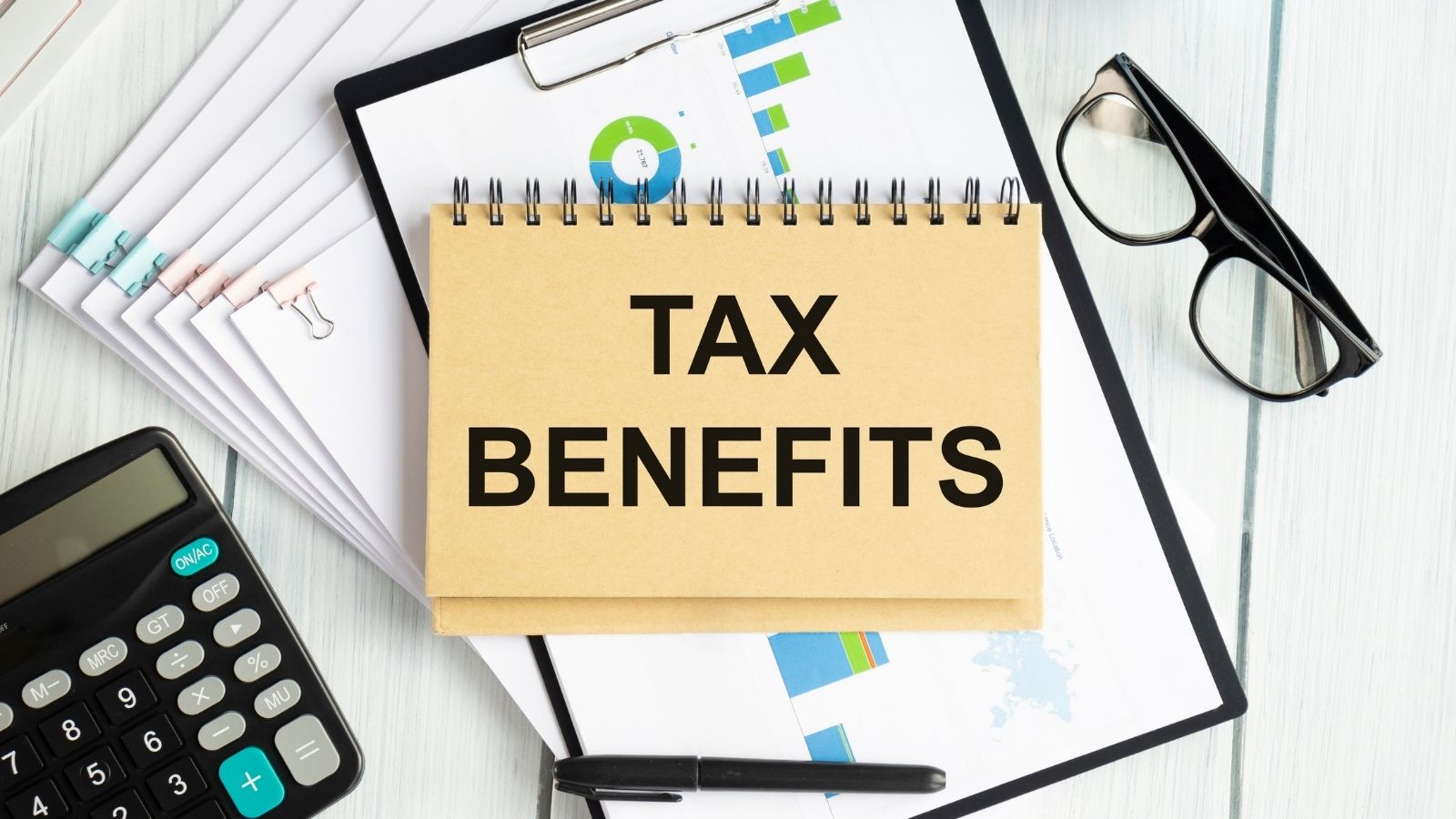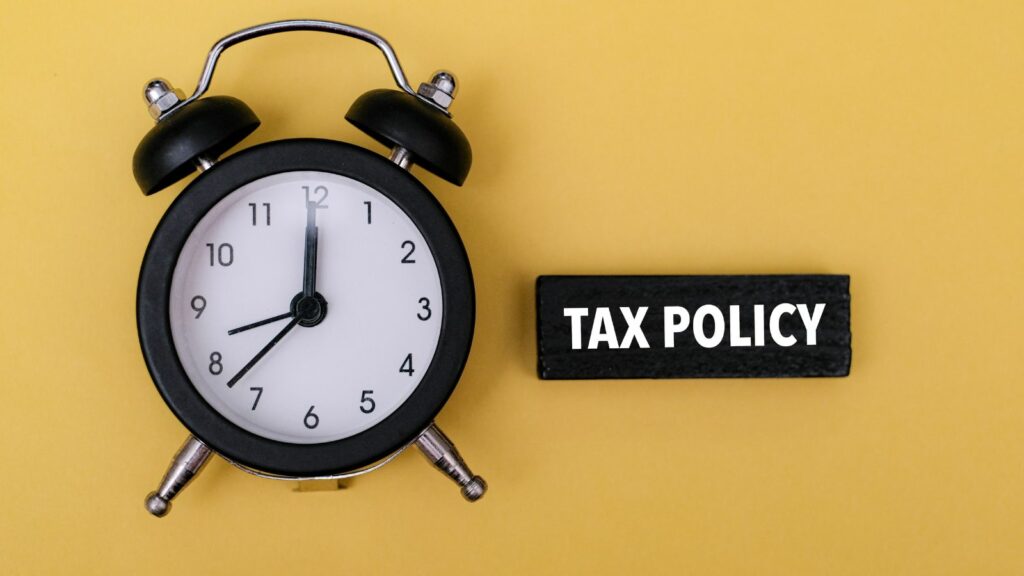Government policies shape the economy and affect daily life. This year, new laws, taxes, and regulations are leading to rising costs for everything from housing and transportation to groceries and insurance. Many Canadians will feel the impact as they struggle to keep up with higher bills, increased taxes, and unexpected fees. Let’s take a look at 23 government policies that could cost Canadians thousands of dollars.
Higher Payroll Taxes

Employees and employers now pay more into Canada Pension Plan and Employment Insurance contributions. While these programs are essential for retirement and job security, the increased deductions mean workers will see less money in their paychecks. Over the year, these small deductions can add up to thousands of dollars in lost income. Business owners also face higher costs, which could lead to fewer job opportunities or reduced wage increases.
Stricter Mortgage Rules

New lending regulations make it harder for Canadians to qualify for mortgages as the government enforces stricter stress test requirements. Higher interest rates and down payment requirements have made it even more difficult for first-time homebuyers to enter the housing market. Some families are forced to delay homeownership or turn to alternative financing options, often with higher interest rates and fees. This policy prevents excessive borrowing but pushes more Canadians into renting indefinitely.
Increased Alcohol Taxes

The federal alcohol excise tax has increased, making Canada’s beer, wine, and spirits more expensive. Whether grabbing a six-pack at the store or ordering drinks at a restaurant, expect higher prices due to this annual tax hike. For frequent consumers or restaurant-goers, this could mean spending hundreds of dollars more each year. Some business owners worry that increased alcohol prices will hurt local restaurants and bars, leading to job losses in the hospitality sector.
Rising Property Taxes

Many Canadian cities have raised property taxes to cover budget shortfalls and fund public services. Homeowners now face significant increases in their annual tax bills, sometimes adding thousands of dollars to housing costs. Even renters aren’t immune; higher property taxes often lead to landlords increasing rent to compensate. Cities justify these hikes as necessary for improving infrastructure, but many homeowners feel the burden is becoming unsustainable.
Grocery Rebate Reduction

As food inflation continues to strain household budgets, this means less financial relief for struggling families. Many Canadians who depend on this rebate to offset rising grocery costs will now have to stretch their budgets further. Critics argue that the reduction comes at the worst possible time, as grocery prices continue to outpace wage growth.
Increased Electricity and Utility Bills

Several provinces have approved higher electricity and natural gas rates, forcing Canadians to pay more to power their homes. Rising energy costs mean everything from winter heating to running appliances daily is becoming increasingly expensive. A typical household may see its annual energy bill increase by hundreds of dollars, making it harder for families to keep up with rising expenses.
Higher Fees for Government Services

The cost of renewing passports, driver’s licenses, and other government documents has increased. These fees can add up quickly for families planning international travel or individuals needing to update identification. Some provinces have also introduced higher parking fines and traffic ticket penalties, further increasing government revenue at the expense of citizens. These rising costs make routine government transactions more expensive than ever before.
New Capital Gains Tax Rules

Changes to capital gains tax rules mean that investors, homeowners, and small business owners could face higher tax bills when selling assets. Canadians counting on investments or property sales to fund retirement or other expenses may now owe thousands more in taxes. While the government argues that this policy ensures fair taxation, many see it as a financial setback for those who have worked hard to build wealth.
Stricter Rent Control Regulations

New rent control measures are capping annual rent increases, but many landlords are raising rents to the maximum allowable limit. In provinces with these rules, rental prices have spiked dramatically, making it even harder for tenants to find affordable housing. This policy was meant to help renters, but it is worsening the housing crisis by discouraging landlords from offering long-term rental units.
Increased Public Transit Fares

Cities across Canada have raised transit fares to cover budget deficits, making daily commuting more expensive for many Canadians. Whether using the subway in Toronto, the Sky Train, or buses in Montreal, you should expect to pay more for each trip. For those who rely on transit to get to work, school, or essential appointments, this can mean hundreds of extra dollars in transportation costs each year.
Higher Tolls and Road Pricing

Several cities are introducing new tolls and congestion pricing fees to fund infrastructure projects. While these fees are intended to reduce traffic, they add significant costs for commuters who rely on their cars daily. If you drive through tolled highways or city roads, you could spend hundreds more each year just getting to work. Many drivers feel this is an unfair way to generate government revenue at their expense.
New Digital Sales Taxes

The government has introduced higher sales taxes on digital services, meaning platforms like Netflix, Spotify, and Amazon Prime now cost even more monthly. If you have multiple subscriptions, these small increases quickly add up, making streaming and online services less affordable for many Canadians. Digital taxes are also being applied to e-books, software, and even some online learning platforms, impacting students and professionals alike.
Increased Corporate Taxes

Corporate tax rates have increased, causing businesses to raise prices on goods and services to cover the added costs. Canadians will pay more for everyday purchases, from restaurant meals to consumer electronics. This policy aims to ensure corporations contribute their fair share, but many critics argue that it ultimately punishes consumers through higher retail prices.
Increased Gasoline Taxes

Several provinces have increased their provincial fuel taxes, making it more expensive to fill up your tank. Combined with the federal carbon tax, the cost of commuting, transporting goods, and even ride-sharing services is rising. This increase is particularly hard on Canadians who live in suburban or rural areas and rely on their cars for daily transportation. Long-haul truckers and delivery drivers also feel the squeeze, which means consumers will see higher prices on goods due to rising transportation costs.
Stricter Rules for Short-Term Rentals

New regulations limit the number of short-term rentals allowed in major cities, aiming to free up more housing for long-term renters. While this policy helps combat the housing crisis, it hurts homeowners who rely on platforms like Airbnb to earn extra income. Many short-term rental owners now have to convert their properties to long-term rentals at lower rates or face hefty fines for non-compliance. Tourists may also see higher accommodation prices as fewer short-term rental options become available.
Increased Food Import Regulations

Stricter food import regulations make it more expensive for grocery stores and restaurants to source certain products. Consumers will see higher prices on fresh produce, meat, and dairy products. The added costs of complying with these regulations are passed down to shoppers, making grocery bills even higher at a time when food prices are already soaring. Imported specialty items and international foods may become less available or significantly more expensive.
New Home Energy Efficiency

Some provinces have introduced mandatory home energy efficiency upgrades to meet climate goals, requiring homeowners to install new heating systems, insulation, or energy-efficient windows. While these upgrades reduce long-term energy costs, they come with high upfront costs that homeowners must cover themselves. Those who don’t comply could face fines or penalties, adding to the financial burden. Many homeowners worry they will struggle to afford these upgrades, especially with rising interest rates.
Stricter Emission Standards

he federal government is tightening emissions regulations, requiring automakers to sell more electric and hybrid vehicles while penalizing those who sell too many gas-powered cars. While this helps reduce environmental impact, it also raises the cost of traditional vehicles, making it harder for Canadians to afford a new car. Older gas-powered cars may also become more expensive as new regulations increase the cost of parts and repairs. Rural communities, with limited electric vehicle infrastructure, face the biggest challenges with these new rules.
Higher Small Business Taxes

Small businesses face higher corporate taxes and stricter reporting requirements, forcing many to raise prices on goods and services. Entrepreneurs, freelancers, and self-employed individuals may see lower profits. Customers will likely bear the brunt of these increases as businesses pass the costs down through higher prices on everything from dining out to haircuts and home repairs. Some small businesses may not survive these financial pressures, leading to job losses and reduced competition in local markets.
Increased Costs for Internet and Cell Phone Services

The government has introduced new policies to increase competition among telecom providers, but in the short term, consumers are seeing higher prices for internet and mobile services. New network infrastructure fees and rising operational costs mean major providers pass these expenses onto customers. Monthly internet and phone bills have risen significantly, and Canadians are left paying more for the same services without a clear improvement in quality.
Tougher Regulations on Cryptocurrency and Online Trading

New financial regulations are increasing tax reporting requirements and compliance costs for Canadians investing in cryptocurrency or trading stocks online. Investors now face higher transaction fees and stricter tax obligations, making trading or cashing out profits more expensive. The government argues that these measures are necessary to prevent fraud and protect consumers, but many feel the regulations discourage innovation and investment opportunities.
Higher Insurance Premiums

With more extreme weather events and government-mandated climate insurance policies, home and auto insurance rates are rising significantly. Insurers are increasing premiums to cover the costs of climate-related disasters, such as flooding, wildfires, and storms. Homeowners in high-risk areas are seeing massive spikes in insurance costs, with some policies increasing by thousands of dollars annually. This policy aims to ensure better climate protection, but for many Canadians, it feels like another unaffordable expense.
Conclusion

With rising housing, transportation, groceries, and everyday expenses, many Canadians feel financially stretched. These 23 government policies add even more pressure, making it harder for individuals and families to manage their budgets. While some of these policies aim to create long-term benefits, the immediate financial strain is undeniable.
20 Reasons Why Wealthy Investors Are Looking At The Caribbean

The Caribbean has long been known for its stunning landscapes and vibrant culture, but in recent years, it has also become an attractive destination for wealthy investors. The region offers numerous financial, economic, and lifestyle advantages that appeal to high-net-worth individuals seeking opportunities. Here are 20 reasons why the Caribbean has captured the attention of the global investment community.
20 Reasons Why Wealthy Investors Are Looking At The Caribbean
